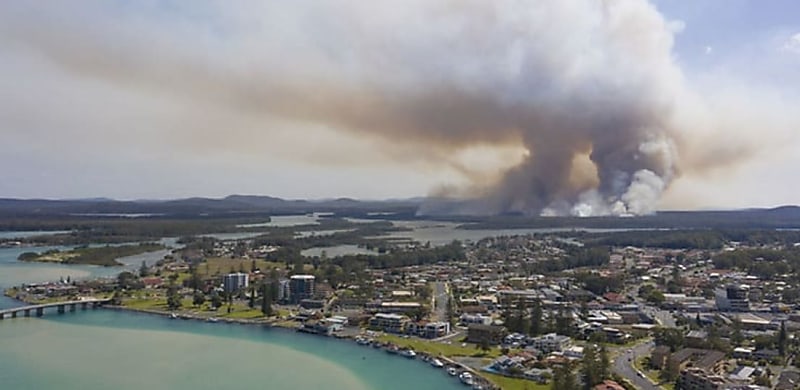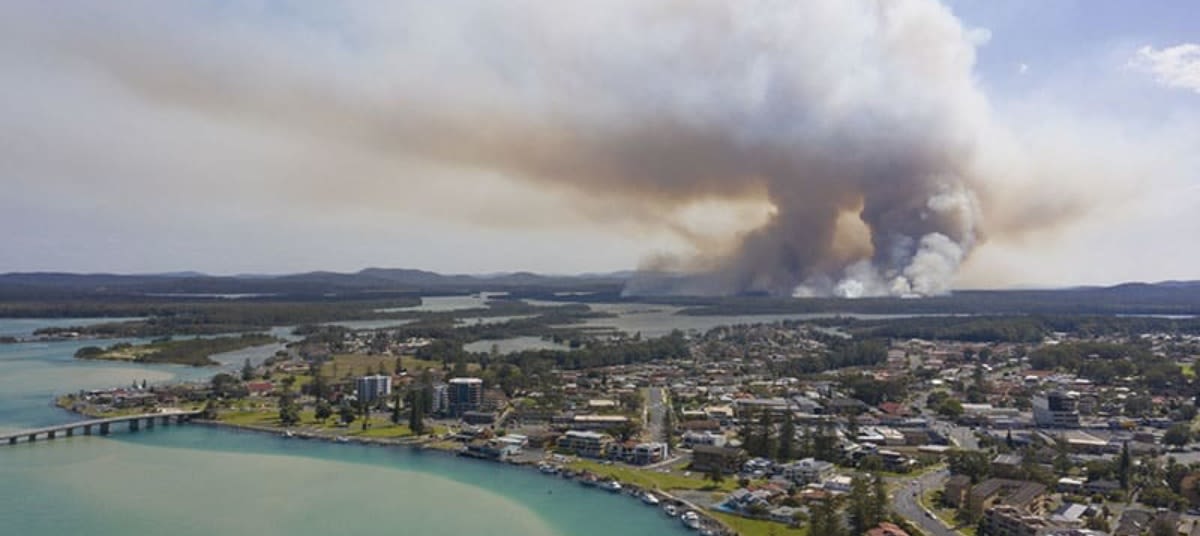
Small businesses impacted by disasters should be “automatically supported” in the event of a natural disaster, an inquiry has recommended.
The Small Business Natural Disaster Preparedness and Resilience Inquiry report, tabled in Federal Parliament (10 November), has made 16 recommendations including more investment in business preparedness, insurance schemes “market dysfunction” need to be addressed, and more finance options should be provided.
The report comes following the bushfires, drought, and flood events that have reshaped the nation over the past few years, with thousands impacted directly or indirectly.
Given the extent of damage to families and businesses, the Australian government requested the Australian Small Business and Family Enterprise Ombudsman (ASBFEO) to provide a report looking into the impacts of natural disasters on small businesses and provide recommendations.
Thus, the report called for “an integrated response to disaster risk management for identified disaster prone areas” that includes priority access to mitigation expenditure, infrastructure hardening, “interest-free loans for asset and activity protection and relocation schemes”, and possible use of a dedicated reinsurance vehicle.
It also found there needs to be a “certainty of response” for small-business owners, so they are automatically elevated in disaster funding arrangements.
“Small and family business support should continue to be automatically elevated in disaster funding arrangements, to build resilience of communities and allow small and family business owners to be adequately prepared,” the report recommended.
It added that the government’s Disaster Recovery Funding Arrangements (DRFA) “should include… how indirectly affected businesses can be automatically supported in the event of a natural disaster.”
Given many small-business owners are operating uninsured, underinsured, or with excesses payable that prohibit them from making a claim, the report said “more must be done to address this complex market dysfunction”.
“Numerous examples of inequity or inconsistency of support created a sense of resentment that some businesses that purchased expensive insurance and had a disaster plan were denied support while others that gave far less attention, time, and effort to protect their own economic interests were helped,” it said.
In making its recommendations, the ombudsman visited 36 communities across Australia to directly hear from small and family businesses impacted by natural disasters. In addition, an online survey attracted more than 2,000 respondents.
The report noted that 97 per cent of money spent by governments on disasters is after the event and only 3 per cent is on preparedness.
It also found governments at all levels and the business community together have a crucial role to play in ensuring small and family business owners have all the information and support they need to manage risks.
Ombudsman Bruce Billson said preparation is key to small and family businesses building resilience and coming through natural disasters in the best possible shape.
“It is equally clear that small and family business owners cannot do this on their own and require clarity and certainty of the support available,” Mr Billson said.
Mr Billson said the experiences of many hundreds of small and family businesses showed having a plan will help them be more able to bounce back after a natural disaster.
“Simple steps to be ready include ensuring record keeping is up to date, business processes and critical information are, where possible, digitised, and payments to relevant bodies such as the ATO, lenders, and insurers are up to date,” Mr Billson said.
While the report found a strong sense of community connectedness, which leads to more resilient and unified communities, Mr Billson said the “lengthy and hard-going recovery” warrants more effective preparedness.
[Related: Government expands eligible LGAS for recovery payments]
